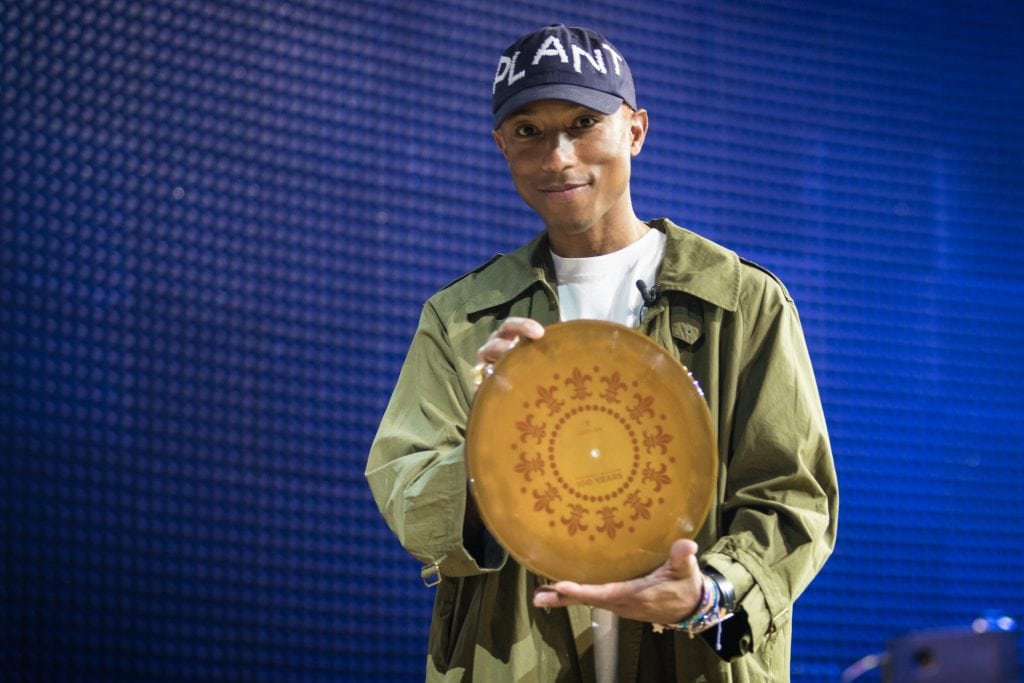Luxury Brands Embrace Experiential Marketing to Stay Relevant

Skift Take
Luxury brands once relied on the tailored customer experience perfected at boutique storefronts on the most fashionable streets of the world’s most glamorous cities to bring their ethos to life.
With a new generation of luxury consumers interacting with brands online rather than in-person, it can be difficult for a brand to differentiate itself and play up the nuances of its legacy, heritage, and superior production.
Thus many brands from across all luxury sectors are turning to activations, or experiential marketing, as an opportunity to provide the high-level, white-glove experience that is missing in the digital customer relationship.
“It helps them stay relevant and memorable with affluent, influential buyers,” explains Robin Lickliter, chief experience officer at brand experience agency Sparks. “Consumers and audiences want more from their brands today.”
Luxury spirits brand Louis XIII Cognac just completed one such campaign,“100 Years: The Song We’ll Only Hear If We Care,” in which the brand champions the need to combat climate change and highlights the century-long process that goes into making a single bottle of cognac.
LOUIS XIII Cognac partnered with Pharrell Williams, who recorded a song created specifically for this cause on a record made of clay at a private listening party in Shanghai. The record was then stored in a safe, which is only destructible in water and is intended to symbolize the importance of nature. The song will only be publicly released in 100 years.
“We are always looking for innovative ways to build a deeper connection with our clients. This is important for all luxury brands, as you really need to build an emotional connection in order to maintain a long-term relationship with consumers,” explains LOUIS XIII Cognac Global Executive Director Ludovic du Plessi, who spearheaded the project.
“The mastery of time and the volatility of nature are two of the driving forces behind the creation of LOUIS XIII, so climate change is an issue of great importance for the brand – not to mention the world at large,” says de Plessi.
By aligning the brand’s production with climate change, de Plessi is also appealing to luxury consumers’ growing desire for more meaningful brands.
"The goal of this project is to highlight how important it is that we all take individual responsibility for our environment – no amount of money will fix this problem if we do not make changes in our daily lives," says de Plessi.
https://twitter.com/CognacLouisXIII/status/930140831381585923
Cognac has a history of successful activations. Crossing industry lines, the brand collaborated with other luxury brands Hermes, Puiforcat, and Saint-Louis on a limited-edition piece of art called l’Odyssee d’un Roi, which was auctioned for charity. It also opened a LOUIS XIII Cognac Boutique in Beijing where the brand offered bespoke services and exclusive experiences.
Opening pop-ups or speciality boutiques in China is becoming an increasingly popular method to engage the coveted Chinese luxury consumer. Chanel opened a pop-up cafe in Shanghai earlier this year where it sold Chanel-branded drinks and snacks alongside its usual accessories.
“Luxury brands have been in this space for years, especially in the category of sponsorship, however, they are definitely investing more to stay relevant to audiences. Activations help these luxury brands bring their attributes of superiority, premium quality, and exclusivity to life,” Lickliter says.
“Luxury verticals and markets are saturated with both paid advertising and endorsements. Activations help differentiate brands and provide ways to reach new targets, like the experience-seeking Millennial.”
Other examples of luxury brands indulging their customers in unlikely activations include Hermès’ laundromat-inspired pop-up shop in New York, Hennessy’s art installation portraying the production of its cognac in a Brooklyn warehouse, and BMW’s recent outdoor activations across Los Angeles.
These events also play well across social media and help generate media buzz outside of major news announcements. Social impressions and shareable assets are often used to measure the success of such activations, explains Lickliter.




